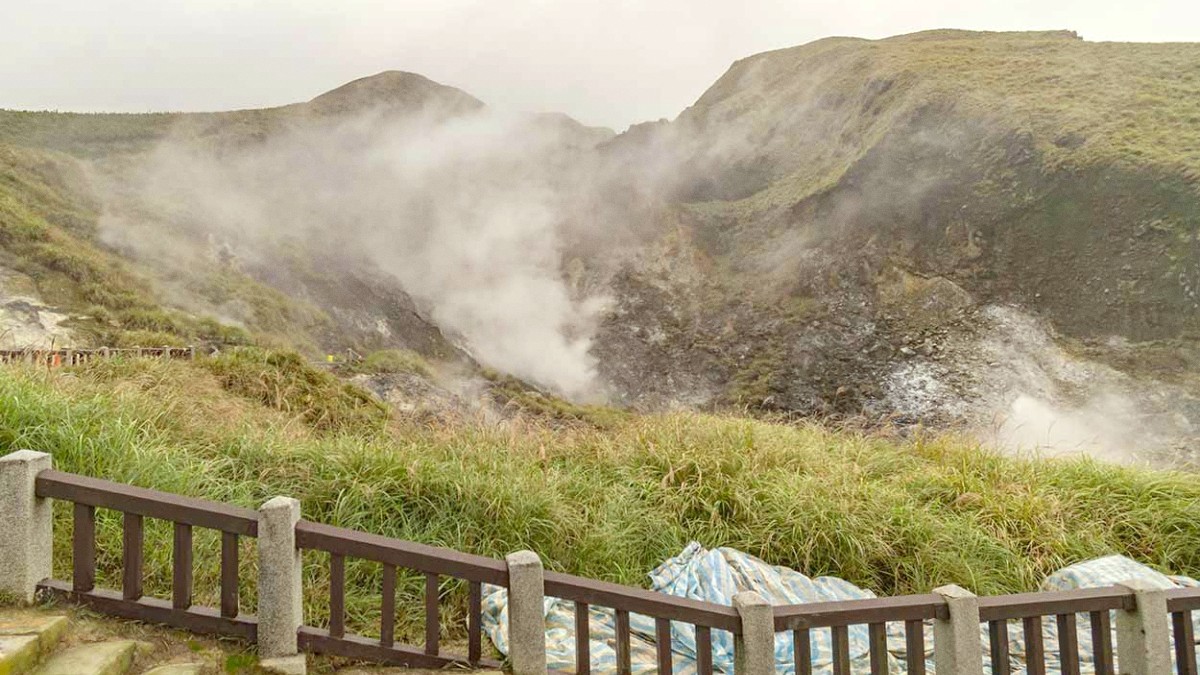
Taipei, Taiwan
Yangmingshan National Park is a designated protected area. It has strict rules for preserving its unique volcanic, ecological, and biological diversity. Stay on marked trails, do not pick plants, and respect all park regulations.
Taiwan has a comprehensive and mandatory recycling program. Follow local waste sorting rules, which are typically well-marked at public bins. Separate your trash into general waste, plastics, paper, glass, and sometimes food waste. This system manages waste efficiently.
While not a widespread issue across Taiwan, sensible water use remains encouraged. Be mindful of your water consumption in hotels and public facilities. Shorten showers and avoid leaving taps running unnecessarily. Every drop counts.
Mindful interactions preserve the richness of Taiwan's traditions.
Support local cultural institutions, museums, and artisans who work to preserve traditional crafts, arts, and performing arts. Purchase authentic local crafts.
Be polite and patient in your interactions. Learning a few basic Mandarin phrases shows goodwill. Respect local customs, like taking off your shoes before entering homes or some temples. Observe how locals behave and follow suit. Maintain a respectful demeanor in public spaces.
Always ask for permission before photographing individuals, especially children. Be discreet when taking photos in public places. Avoid photographing religious ceremonies or private residences without explicit permission. Respect people's privacy and their right to not be photographed.
Dress modestly when visiting temples (shoulders and knees covered). Remove your shoes before entering temples. Maintain a quiet and respectful demeanor inside religious sites. Do not point your feet at altars or Buddha statues. Follow any specific rules posted at the entrance or inside the temple.
Look for hotels with environmental certifications or those visibly promoting energy efficiency and waste reduction. Ecobnb lists eco-friendly options.
Find Eco StaysChoose sustainable outdoor gear from retailers like Patagonia. Explore Package Free Shop for reusable products.
Shop SustainablySupporting businesses committed to green tourism and conservation groups like The Rainforest Site (GreaterGood) contributes to a positive global impact. For air travel, consider carbon offset programs from providers like Terrapass.
Your travel spending can significantly benefit local communities. Responsible choices ensure your money supports the local economy ethically.
Seek out local guesthouses (minshu) and small, independently owned businesses. These directly channel money into the local economy and sustain local families.
Purchase souvenirs and goods directly from local artisans and small shops rather than large chain stores. This ensures your money directly benefits the local economy and supports fair practices for producers. Inquire about the origin of products to help ethical sourcing.
Prioritize eating at local eateries, street food stalls, and traditional markets over international chain restaurants. Utilize local guides and local transportation. This keeps money circulating within the community and sustains local livelihoods.
Be aware of any activities that might involve animal exploitation, like performances or interactions that appear unnatural or harmful to animals. Support ethical tourism operators who prioritize animal welfare and conservation. Avoid purchasing products made from endangered species.
If you wish to donate, do so through established local charities or non-governmental organizations (NGOs) rather than giving directly to beggars. This helps aid reach those most in need through organized channels and discourages begging.
Investigate reputable organizations before donating to align with your values.
Direct support to structured programs creates more lasting positive change.
Every purchase from a local business or engagement with a local guide helps sustain livelihoods and supports the community directly.